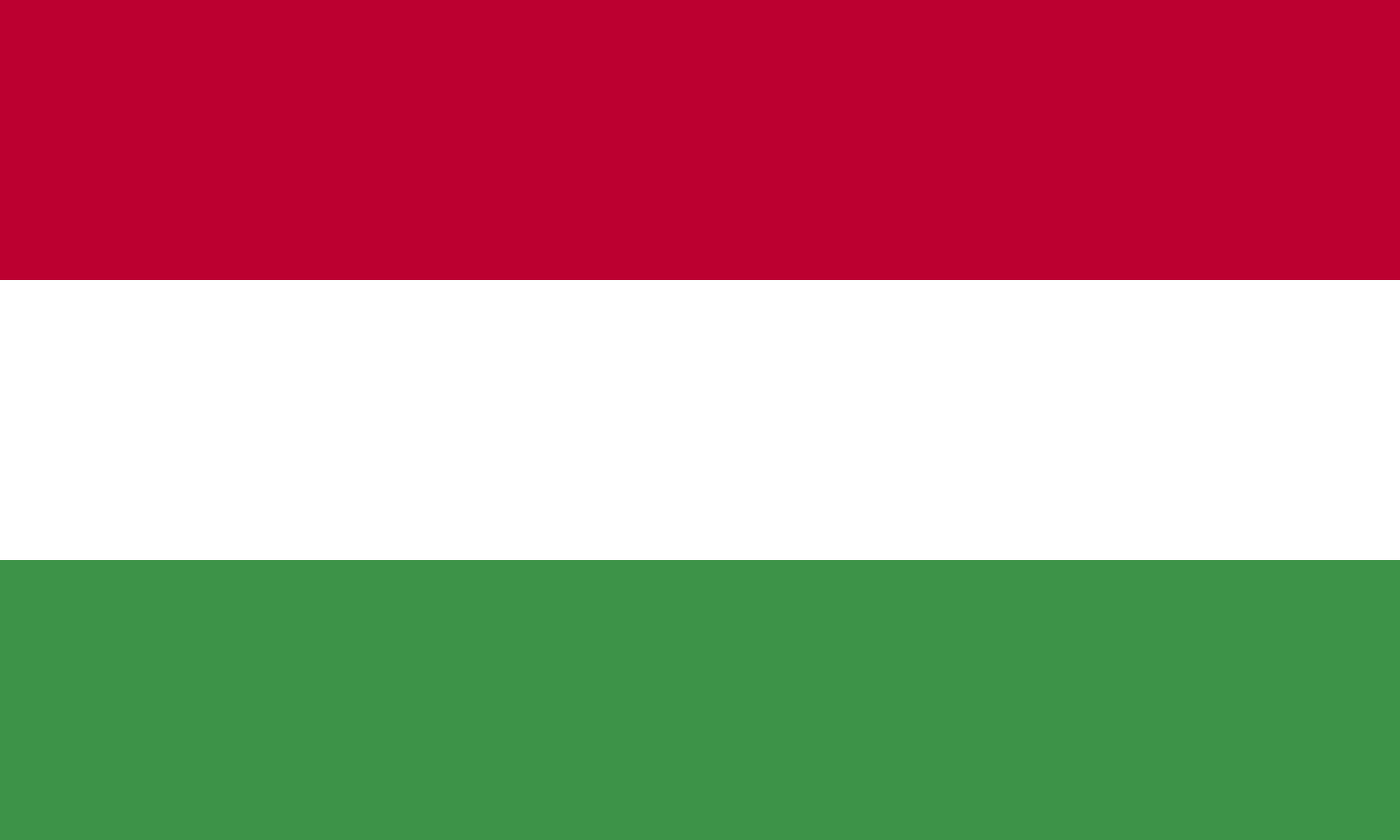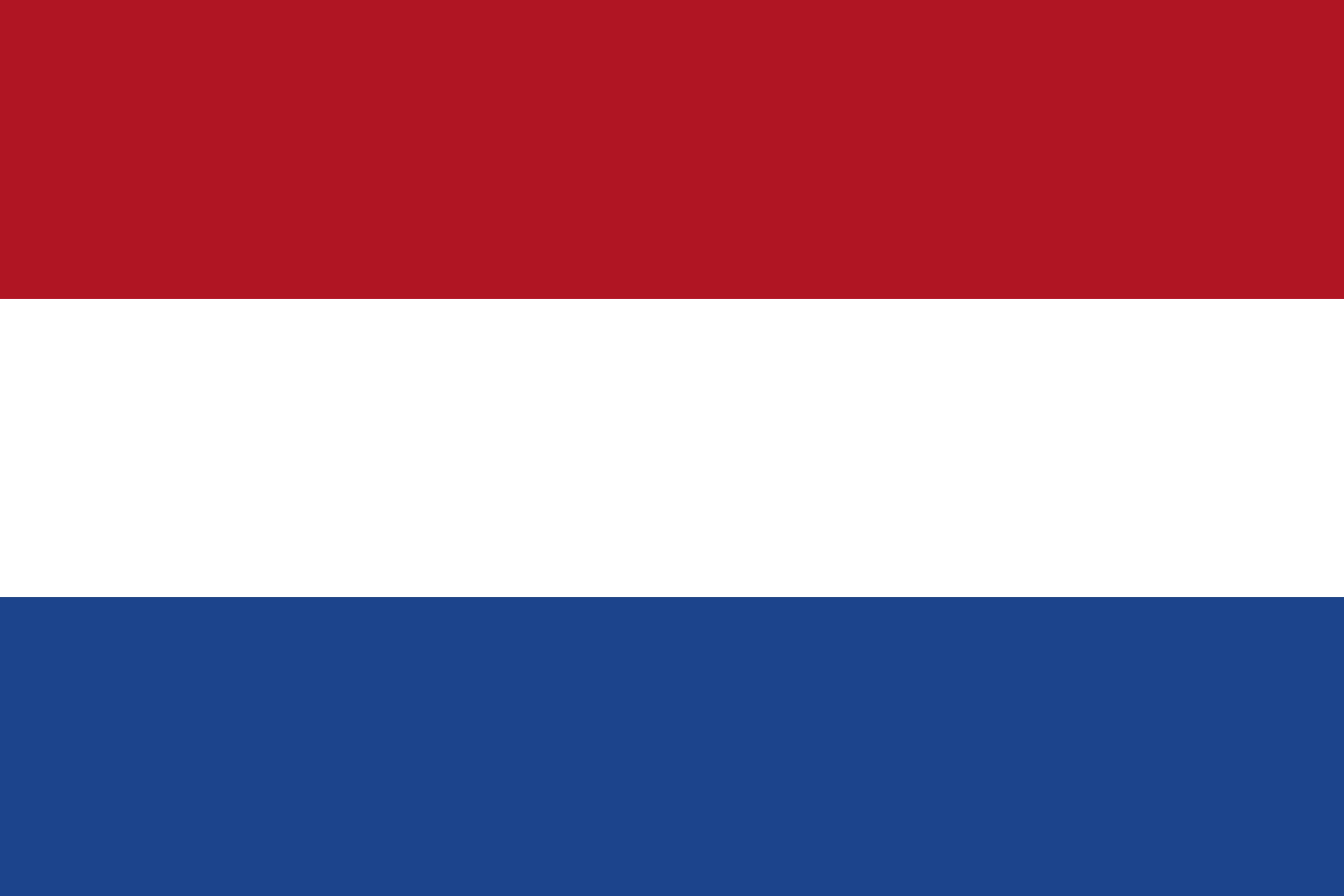The development and use of AI models and AI systems gives rise to significant legal questions in the area of copyrights and related rights. Our AI & Copyright Case Tracker provides an up-to-date overview of ongoing lawsuits at the intersection of AI and copyright law across Europe. It brings together relevant cases in one place and highlights the key legal issues at stake.
We aim to keep this list as up-to-date as possible. Since not all cases are published, this list can of course never be complete. We appreciate any indication of further relevant cases. Where cases are still pending, we aim to rely on reliable sources including official press releases. Please note that we generally do not list any cases outside of Europe, in particular, the US, and outside of copyright. We may, however, include selected relevant cases from related fields of law.
| Name of case / decision and parties | Date | Status | Claim Type | Key Issues | Country | Source |
|---|---|---|---|---|---|---|
| Robert Kneschke v. LAION e.V., Hamburg Higher Regional Court, 5 U 104/24 | 10 December 2025 | Decision | Copyright infringement claim |
In the appeal against the Regional Court's decision of 27 September 2024, the appeal court rejected the plaintiff's appeal:
The plaintiff has lodged a further appeal with the Federal Supreme Court. |
 Germany |
Link |
| Perplexity AI | 3 December 2025 | Pending | Copyright infringement claim | Italian companies RTI and Medusa have filed the first lawsuit in Italy against Perplexity AI for copyright infringement. The plantiffs allege that the defendant is using the plaintiffs' audiovisual content in order to train its AI models without authorization. |
Italy |
Link |
| GEMA v. OpenAI, L.L.C., and OpenAI Ireland Ltd., Munich Regional Court | 11 November 2025 | Decision | Copyright infringement claim |
In an action brought by German music collecting society GEMA against Open AI, the Munich Regional Court ruled that
|
|
|
| Getty Images v Stability AI | 4 November 2025 | Decision | Copyright, trade mark and database rights infringement; claim for damages and injunctive relief |
In an action brought by Getty Images, an image library, against Stability AI, the developer of the Stable Diffusion text-to-image genAI model, the High Court found that:
Getty Images dropped its claim that Stability AI was liable for primary copyright infringement by copying Getty Image's copyright works during the training and development of Stable Diffusion – there was no evidence that relevant activities had occurred in the UK. Likewise, Getty Image's claim of output infringement was dropped, partly because Stability AI agreed to block certain prompts that led to allegedly infringing outputs and partly because it was not clear that any of those outputs copied a "substantial" part of any of Getty Image's copyright works. The decision is under appeal to the Court of Appeal of England and Wales. |
|
Link Article Article |
| BoligPortal A/S v. ReData | 22 October 2025 | Decision | Copyright and database rights infringement |
|
Denmark |
Link |
| Voice actor v. YouTube creator, Regional court of Berlin | 20 August 2025 | Decision | Claim for damages and injunctive relief |
|
|
Link |
| DJV e.V. v. Süddeutsche Zeitung GmbH, Munich Regional Court | 16 April 2025 | Pending | Copyright and unfair contractual terms claim |
The plaintiff claims that standard terms and conditions in contracts between a newspaper and a freelance journalist
|
|
Link |
| Like Company v. Google Ireland Limited, Court of Justice of the European Union (CJEU) (referring court: Budapest District Court), C-250/25 | 3 April 2025 | Pending | Copyright infringement claim |
The Hungarian court requested a preliminary ruling by the European Court of Justice on the following questions:
|
|
Link |
| Syndicat national de l’édition (SNE), Société des Gens de Lettres (SGDL), and Syndicat national des auteurs et des compositeurs (SNAC) v. Meta Platforms Inc., Paris Judicial Court, Third Chamber | March 2025 | Pending | Copyright infringement claim |
French collecting societies claim
|
|
Link |
| GEMA v. Suno Inc., Munich Regional Court | 21 January 2025 | Pending | Copyright infringement claim |
German music collecting society GEMA claims
|
|
Link |
| Publisher v. provider of an online search engine, Municipal Court of Appeals, 9.Pf.20.353/2024/6-II | 3 Dezember 2024 | Decision | Copyright infringement claim |
|
|
Link |
| DPG Media B.V., Mediahuis Nederland B.V., and Mediahuis NRC B.V. v. Knowledge Exchange B.V., under the name HowardsHome, Amsterdam District Court (Rechtbank Amsterdam), C/13/737170 / HA ZA 23-690 | 30 December 2024 | Decision | Claims based on copyright infringement, infringement of press publisher`s right infringement of database rights |
Dutch media companies claimed that the AI created summaries of protected works infringed copyright. The court
|
|
Link |
|
Robert Kneschke v. LAION e.V., Hamburg Regional Court, 310 O 227/23 (see appeal decision, 10 December 2025) |
27 September 2024 | Decision. See appealdecision 10 December 2025. | Copyright infringement claim |
|
|
Link |
| S. Š. v. Taubel Legal, advokátní kancelář s.r.o., Municipal Court in Prague, 10 C 13/2023 | 11 December 2023 | Decision | Copyright infringement claim |
|
|
Link |









